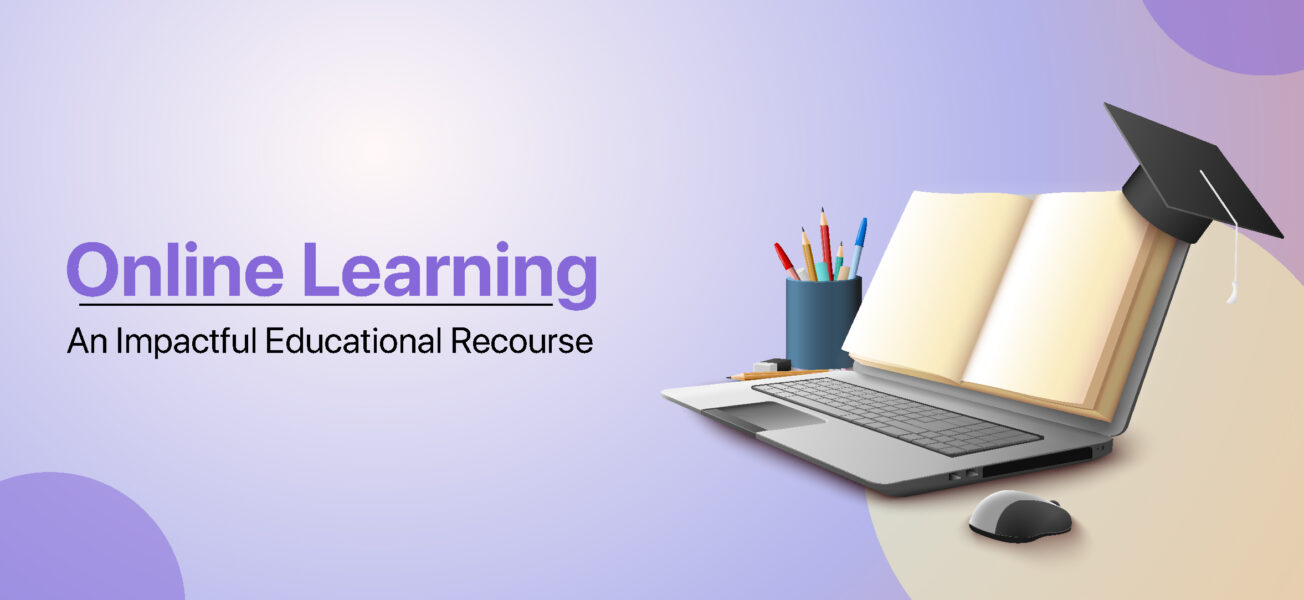Impact of Online Learning
Student Engagement and Academic Performance
Impact of Online Learning has become an integral part of the modern educational landscape, especially with the advent of digital technology and the internet. This shift towards online education was accelerated by the COVID-19 pandemic, forcing educators and students alike to adapt to virtual classrooms. While online learning offers numerous advantages such as flexibility and accessibility, it also raises questions about its impact on student engagement and academic performance. In this article, we will explore the effects of online learning on students’ engagement and academic success, shedding light on the challenges and opportunities it presents.

1. The Rise of Online Learning – Impact of Online Learning
Online learning, also known as e-learning or remote education, involves the use of digital technology to deliver educational content and facilitate communication between educators and students. It encompasses various formats, including synchronous (live sessions) and asynchronous (self-paced) learning. The proliferation of online learning can be attributed to several factors:
-
Technological Advancements:
The rapid advancement of technology has made it easier to access educational resources and engage in virtual classrooms.
-
Accessibility:
Online learning provides opportunities for individuals who might have limited access to traditional education, such as those with disabilities or living in remote areas.
-
Convenience:
The flexibility of online learning allows students to balance their studies with work, family, and other commitments.
-
Cost-Effectiveness:
Online courses are often more affordable than traditional brick-and-mortar education, making higher education accessible to a wider audience. More
2. Student Engagement in Online Learning – Impact of Online Learning
Student engagement is a critical factor in the learning process, as it directly influences academic success. Online learning presents both unique opportunities and challenges for student engagement:
-
Increased Autonomy:
Online learners have greater control over their schedules and learning pace. This autonomy can enhance engagement as students take responsibility for their education.
-
Diverse Learning Resources:
The internet provides a wealth of multimedia resources, allowing students to explore topics in depth and engage with various types of content.
-
Interactive Platforms:
Many online learning platforms incorporate interactive features like quizzes, discussion forums, and virtual labs, fostering engagement through active participation.
-
Global Community:
Online learning often connects students from around the world, offering diverse perspectives and the opportunity to collaborate with peers from different backgrounds.
-
Challenges of Isolation:
On the flip side, online learning can be isolating, leading to decreased engagement. Students may miss the in-person interaction with instructors and classmates.
-
Technical Issues:
Technical problems, such as unreliable internet connections or computer malfunctions, can disrupt the learning process and hinder engagement.
3. Academic Performance in Online Learning – Impact of Online Learning
Academic performance is a crucial measure of the effectiveness of online learning. Research has shown that while online learning can yield positive outcomes, it also poses challenges that can impact students’ academic success:
-
Flexibility vs. Discipline:
The flexibility of online learning can be a double-edged sword. While it allows students to adapt their schedules, it also demands self-discipline and time management skills to stay on track.
-
Assessment Methods:
Online courses often rely on different assessment methods, such as quizzes, essays, and group projects. These assessments can be more diverse and adaptable but may require adjustment for students accustomed to traditional testing.
-
Support Systems:
Effective support systems, including responsive instructors and accessible resources, play a crucial role in student success. Institutions must provide robust support structures to ensure students can thrive in online environments.
-
Digital Literacy:
Students need adequate digital literacy skills to navigate online courses successfully. Those who are less tech-savvy may face a steeper learning curve.
-
Quality of Instruction:
The quality of online courses varies significantly. Well-designed courses with clear learning objectives and engaging content tend to yield better academic results.
4. Strategies to Enhance Student Engagement and Academic Performance – Impact of Online Learning
Educators and institutions can implement strategies to maximize the benefits of online learning while addressing its challenges:
-
Interactive Content:
Create engaging and interactive learning materials that encourage active participation and critical thinking.
-
Regular Feedback:
Provide timely feedback to students to keep them informed about their progress and areas for improvement.
-
Clear Communication:
Maintain clear communication channels for questions, concerns, and discussions. Regularly scheduled virtual office hours can help bridge the gap between students and instructors.
-
Peer Interaction:
Encourage peer-to-peer interaction through group projects, discussion forums, and collaborative assignments to create a sense of community.
-
Tech Support:
Offer technical support to assist students in overcoming obstacles related to technology and connectivity.
-
Adaptive Learning Platforms:
Implement adaptive learning platforms that adjust content and pacing based on individual student performance.
-
Digital Literacy Training:
Provide resources and training to enhance students’ digital literacy skills.
Conclusion – Impact of Online Learning
Online learning has reshaped education, offering flexibility and accessibility but also posing challenges to student engagement and academic performance. As the educational landscape continues to evolve, it is essential for institutions and educators to adapt, leveraging the advantages of online learning while addressing its limitations. With the right strategies and support systems in place, online education can empower students to achieve academic success in a digital age. By continually refining the online learning experience, we can ensure that it remains a valuable and effective educational option for students worldwide. Next Post





